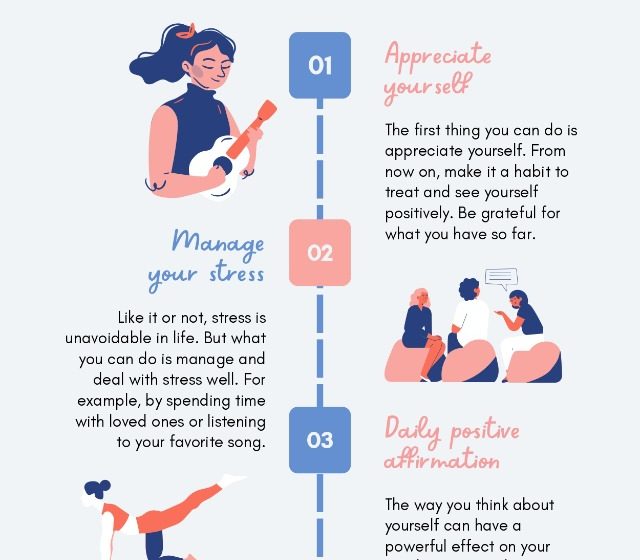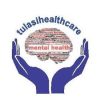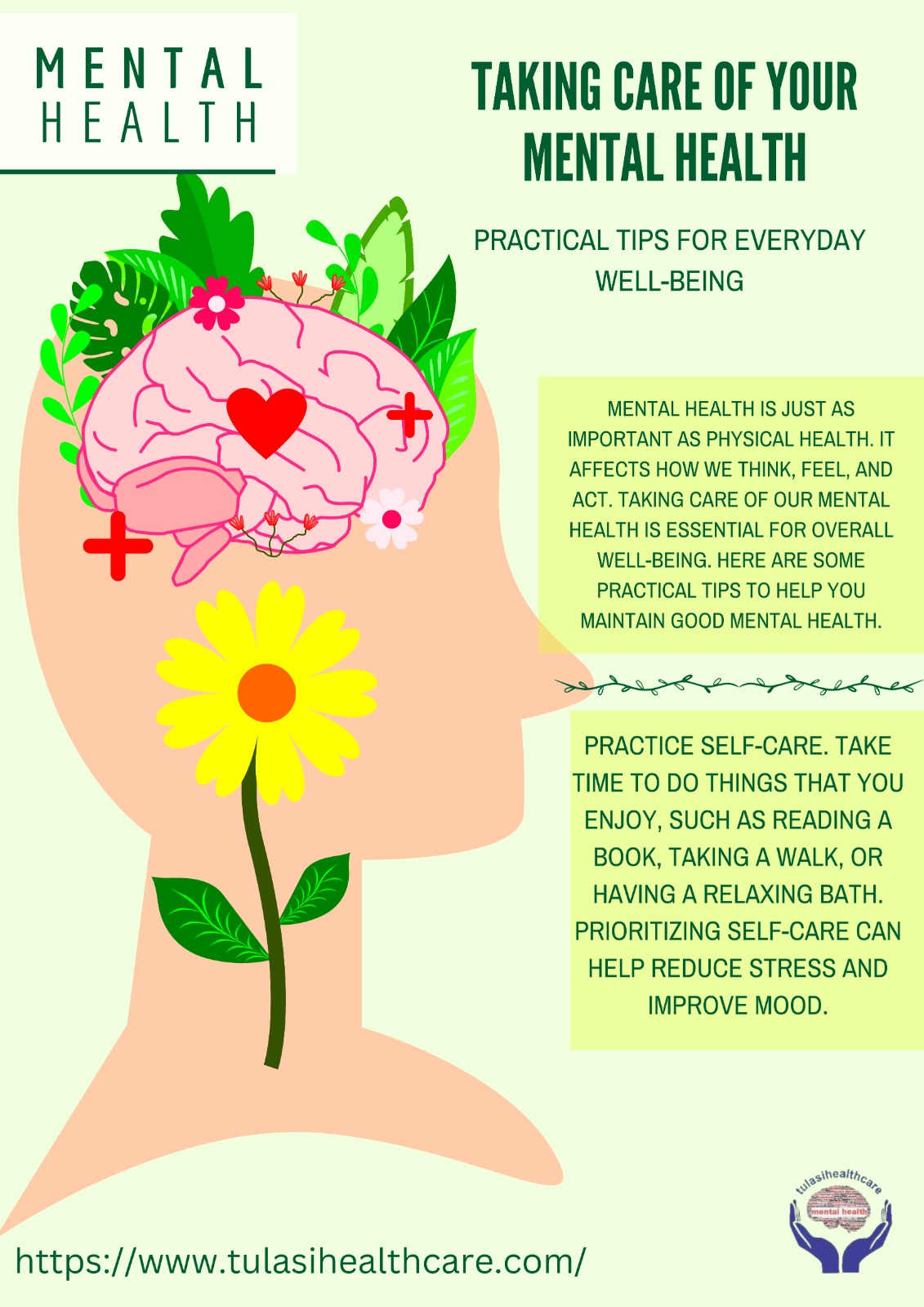The Role of Family in Addiction Recovery: Why Support Systems Matter

Addiction is a multifaceted and complex phenomenon that not only affects the victim but the family and loved ones as well. Recovery is a long process which can be very daunting, but a good support system makes a world of difference for the possibility of recovery. At Tulasi Rehabilitation Centre, which is one of the leading rehabilitation centers of Delhi NCR, we believe very strongly that family plays a very significant role in recovery. In this particular blog post, we intend to look at how family support further strengthens addiction recovery and chances of long-term success.
Understanding Addiction
Addiction is labeled a family disease simply because it affects the people around the person having an addiction more broadly. Family members are exposed to emotional disturbance and financial stress coupled with a helplessness feeling as they watch their loved one struggle through addiction. It creates a tense and conflict-ridden atmosphere that aggravates the problem. Understanding the dynamics of addiction helps families support their beloved ones appropriately.
Importance of Family Support
Emotional Security: Sometimes, after getting themselves into treatment, it is hard for the person in recovery to cope with emotional mess, primarily guilt and shame, but also nervousness and anxiety. Family support brings them a feeling of belonging as well as emotional security. The fact that their family will be there for them might help them feel less isolated and hence may encourage them to be more active in their recovery process.
Encouragement and Motivation: Family members are real promoters of change. It is not that the relatives are just invited to be a part of the member’s recovery journey, but it sets a culture of accountability and encouragement. As such, at Tulasi Rehabilitation Centre, we focus much on family involvement in a treatment process by educating them on how they can best help their loved one.
Education and Awareness: Families need to understand about addiction and its effects on the addicted person. Not every member of a family has the same amount of information related to substance abuse issues or even recovery processes. At our rehabilitation center in Delhi NCR, we have learning resources and workshops where a family can learn in-depth about the addictions, how it affects, and how to communicate effectively with the person during recovery.
Therapeutic Family Involvement: Therapies involving the family play an integral part of the treatment programs at Tulasi Rehabilitation Centre. Here, family members get an opportunity to express their feelings, share experiences, and work in a collective effort toward healing. Family therapy sessions can help develop inner conflict resolution, improve communication with the family, and strengthen relationships, all of which are very vital for succeeding in recovery.
It creates a supporting environment: A supportive home environment is the best recovery-boosting agent. Family members are set to create a family/home free from drugs, free from triggering and tempting drugs. All, as part of the family, can work to establish healthy boundaries and routines that create safety and stability in the lives of their loved ones in recovery.
Co-Occurring Treatment: Typically, an individual approaches treatment centers for addiction but suffers from one kind of co-occurring mental health illness. Family plays a pivotal role in educating him or her on treatment for his underlying issue. Our prudent and experienced psychiatrists at Tulasi Rehabilitation Centre can treat the dual disorder issues effectively, providing an integrated treatment.
Family Action Plan to Support a Loved One
Open Communication: Allow members to voice their feelings, problems, and successes. They should feel free to express their concerns without being judged.
Be Patient and Understanding: Recovery cannot happen overnight; family members should exercise patience and acknowledge the fact that setbacks may arise. They should provide an unjudgmental platform for their loved ones where they can behave and navigate through such challenges more effectively.
Join Support Groups: There are many organizations that provide support for the family and friends of recovering people. For example, Al-Anon and Nar-Anon provide a space in which to share experiences and ideas while getting insight from those who know how tough it is to be with someone on recovery.
Encourage Professional Help: Family members should encourage their loved ones to come for professional treatment programs, for instance, offered in Tulasi Rehabilitation Centre. Professional help will have a great impact on helping them recover well.
Self-Care: Carrying out a rehabilitation program for someone can be quite demanding mentally and physically. Therefore, family members should take care of themselves and find help when necessary and continue practicing self-care before they can help their relatives and friends.
Conclusion
In fact, there is no way of overestimating the role that families play in recovery. Indeed, a cooperative surrounding environment of family is a determinant factor that influences the overall success of an individual’s recovery journey. Involving families during the treatment process has been one of the integral factors we believe should be done at Tulasi Rehabilitation Centre, not only to support permanent change but also because families become an essential support system for their loved ones while fostering open communication and education through family therapy.
If you are an addict or someone close to you, then search for a proper rehabilitation center at Delhi NCR – Tulasi Rehabilitation Centre and get the proper guidance and counseling. Let’s make a happier and healthier future together.




